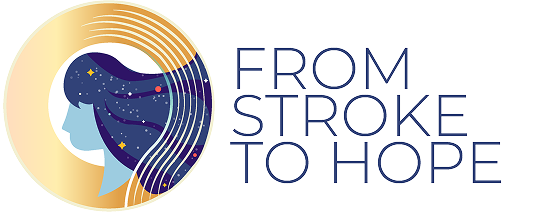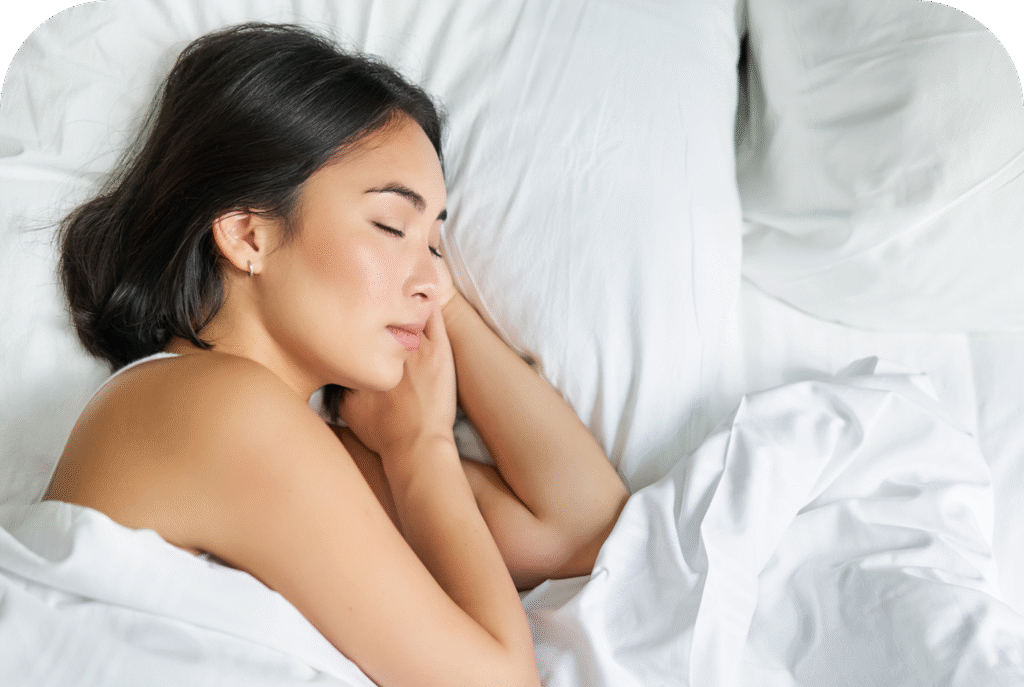Sleep is one of the most important aspects of stroke recovery, yet many survivors struggle to get enough rest. Whether it’s due to physical discomfort, anxiety, disrupted sleep cycles, or post-stroke fatigue, a lack of quality sleep can slow down recovery and impact overall well-being.
If you’ve found it harder to fall asleep, stay asleep, or feel rested after a stroke, you’re not alone. Studies show that up to 70% of stroke survivors experience sleep disturbances. But the good news is that there are strategies to improve sleep quality and restore better rest.
In this blog, we’ll explore:
✔ Why sleep is critical for stroke recovery
✔ The benefits of good rest for healing and brain function
✔ Common sleep challenges after a stroke
✔ Proven strategies to improve sleep quality
Why Sleep is Critical for Stroke Recovery
During sleep, the body repairs itself, and the brain processes information, builds new neural connections, and removes toxins. For stroke survivors, this healing process is essential for regaining lost function and energy.
How Sleep Affects Stroke Recovery:
✔ Boosts Brain Repair & Neuroplasticity
- The brain rewires itself during sleep, forming new connections to restore movement, speech, and cognition.
✔ Reduces Fatigue & Improves Energy
- Stroke survivors often experience post-stroke fatigue. Quality sleep helps replenish energy levels and makes daily tasks more manageable.
✔ Enhances Memory & Cognitive Function
- Deep sleep strengthens memory, problem-solving skills, and focus, helping with cognitive rehabilitation.
✔ Supports Physical Healing & Reduces Pain
- Sleep promotes muscle repair, reduces inflammation, and improves circulation, aiding in physical recovery.
✔ Balances Mood & Mental Health
- Lack of sleep can cause mood swings, anxiety, and depression, making emotional recovery harder.
Common Sleep Challenges After a Stroke
Many stroke survivors struggle with disrupted sleep patterns due to:
1. Insomnia & Trouble Falling Asleep
- Anxiety, depression, or racing thoughts make it hard to relax.
- Changes in the brain’s sleep cycle alter natural sleep rhythms.
2. Frequent Nighttime Awakenings
- Some survivors wake up multiple times at night due to discomfort, restlessness, or night sweats.
- Sleep apnea (interrupted breathing) is common post-stroke.
3. Post-Stroke Fatigue Despite Sleep
- Even after sleeping, many survivors wake up feeling exhausted.
- The brain requires more rest for healing, so sleep doesn’t always feel “restorative.”
4. Pain & Discomfort Affecting Sleep
- Spasticity (muscle tightness) can cause discomfort in bed.
- Some stroke survivors experience nerve pain, headaches, or tingling that disrupts rest.
Strategies to Improve Sleep Quality After a Stroke
If you’re struggling with sleep, these strategies can help regulate your sleep patterns and improve rest.
1. Create a Consistent Sleep Schedule
✔ Go to bed and wake up at the same time every day, even on weekends.
✔ Keep daytime naps short (20-30 minutes) to prevent sleep disruption at night.
✔ Establish a bedtime routine (reading, soft music, deep breathing) to signal sleep time.
2. Optimize Your Sleep Environment
✔ Keep your bedroom cool, dark, and quiet to encourage deeper sleep.
✔ Use blackout curtains to block light and a white noise machine to reduce distractions.
✔ Invest in a comfortable mattress and pillows to support your body post-stroke.
✔ If one side of your body is weak, use positioning pillows to prevent discomfort.
3. Manage Anxiety & Racing Thoughts Before Bed
✔ Try guided meditation or deep breathing exercises to calm the mind.
✔ Listen to soothing music or binaural beats designed to promote sleep.
✔ Write down worries in a journal before bed to release stress.
4. Address Physical Discomfort & Pain
✔ Stretch lightly before bed to reduce muscle stiffness.
✔ Use warm compresses or gentle massage for sore muscles.
✔ If nerve pain disrupts sleep, talk to your doctor about medications or therapy options.
5. Treat Sleep Apnea & Breathing Issues
✔ Many stroke survivors have undiagnosed sleep apnea (pauses in breathing during sleep).
✔ Ask your doctor about a sleep study to check for sleep apnea.
✔ Use a CPAP machine if diagnosed—it can dramatically improve sleep quality and energy.
6. Limit Stimulants & Screen Time Before Bed
✔ Avoid caffeine and nicotine at least 6 hours before bedtime.
✔ Reduce screen time (TV, phone, tablet) 1-2 hours before bed—blue light disrupts sleep.
✔ Swap screens for audiobooks, relaxing music, or soft lighting.
7. Get Natural Sunlight & Gentle Exercise During the Day
✔ Exposure to natural light during the morning helps regulate sleep cycles.
✔ Engage in light physical activity (gentle stretching, short walks) to promote relaxation at night.
8. Use Sleep Aids Only When Necessary
✔ Melatonin supplements can help regulate sleep, but consult your doctor before use.
✔ Prescription sleep medications should be a last resort—they can cause grogginess.
Final Thoughts: Making Sleep a Priority for Stroke Recovery
Getting good sleep and rest is just as important as therapy and exercise in stroke recovery. Quality sleep helps the brain heal, reduces fatigue, and improves overall well-being.
✔ Create a consistent bedtime routine.
✔ Address pain, anxiety, and physical discomfort.
✔ Limit screen time and stimulants before bed.
✔ Seek medical help for sleep apnea or persistent insomnia.
💙 Every stroke survivor’s sleep journey is different, but small changes can lead to big improvements in rest and recovery.
👉 Are you struggling with sleep after a stroke? Share your experiences or tips in the comments!

